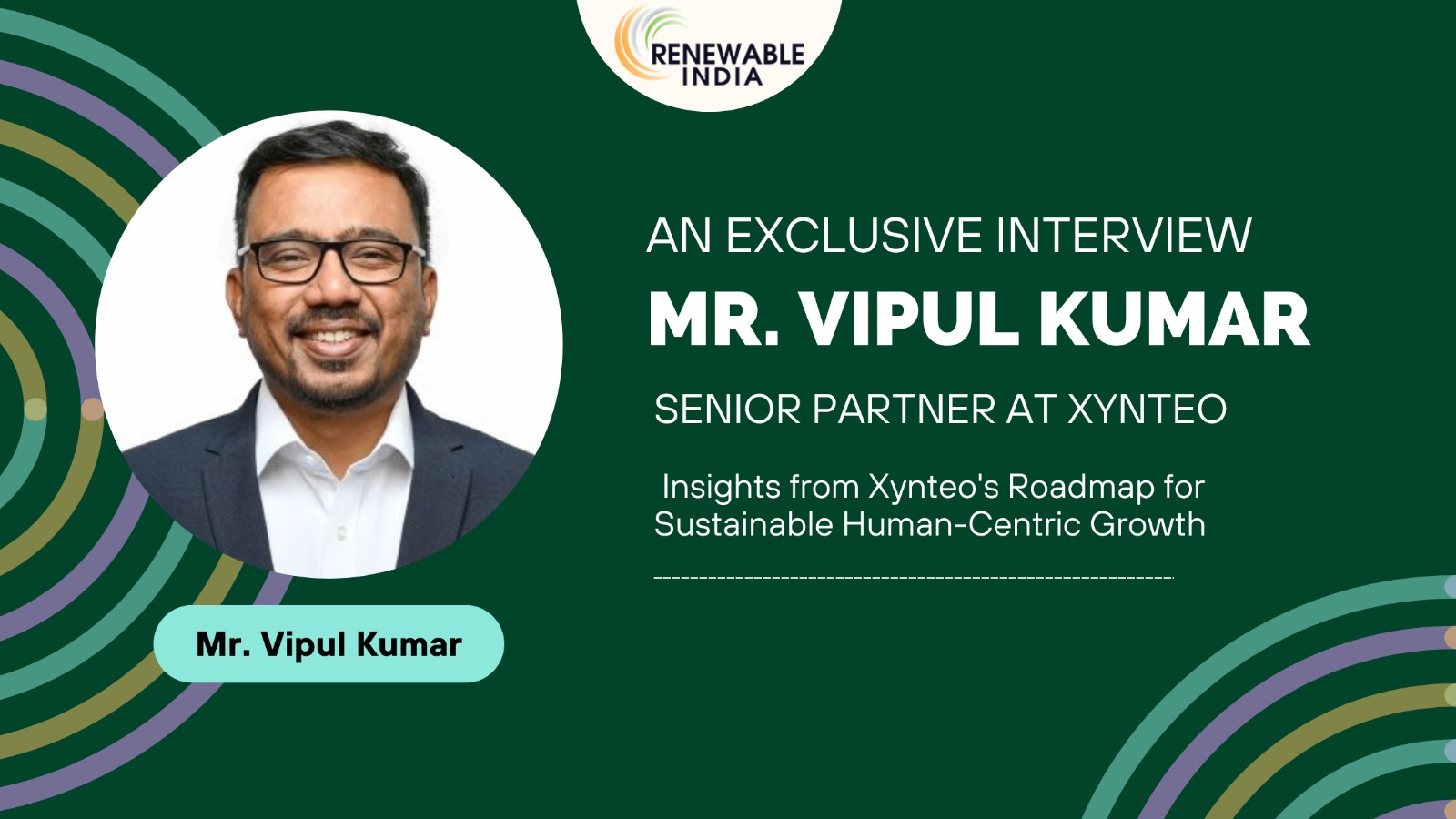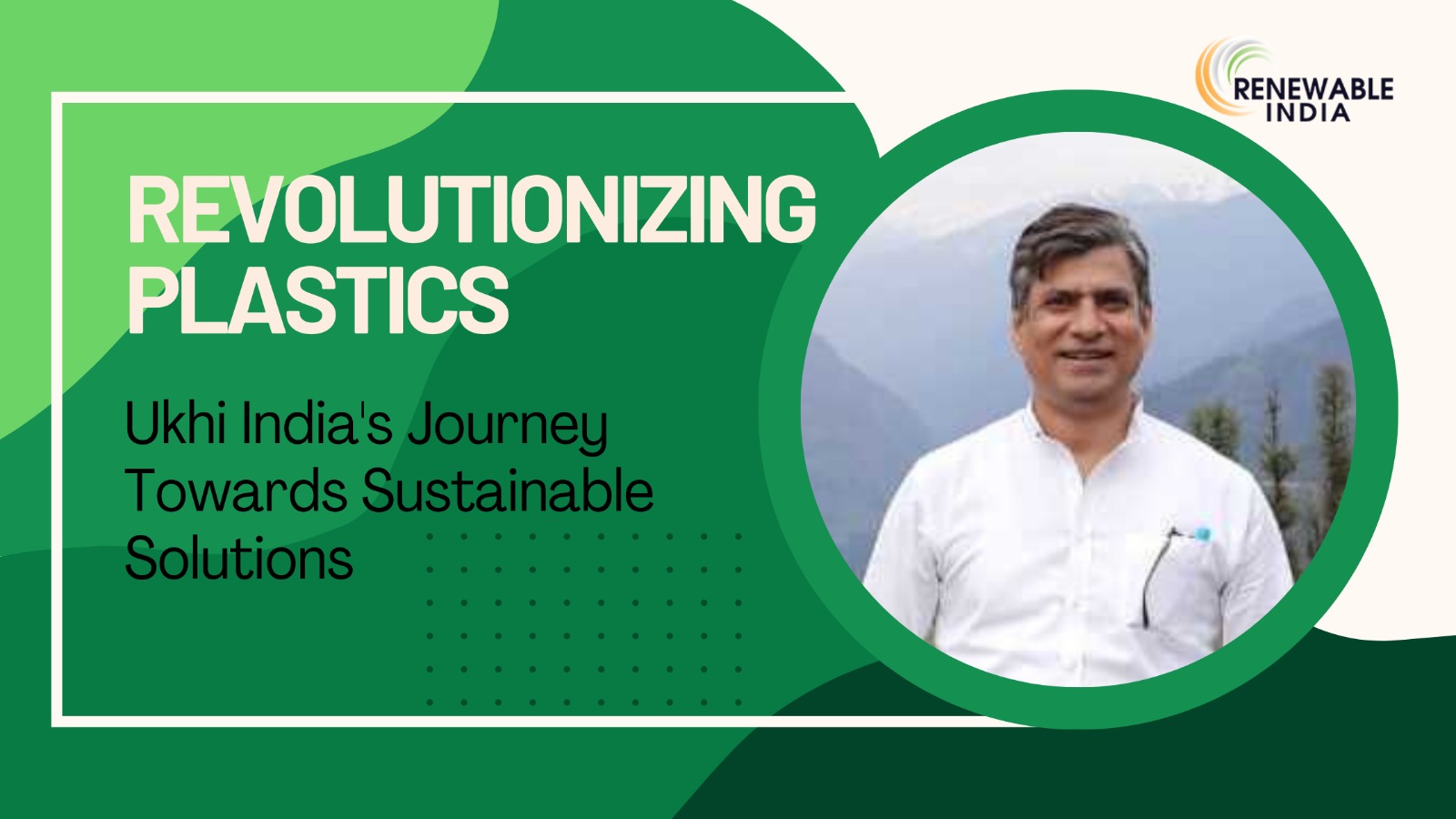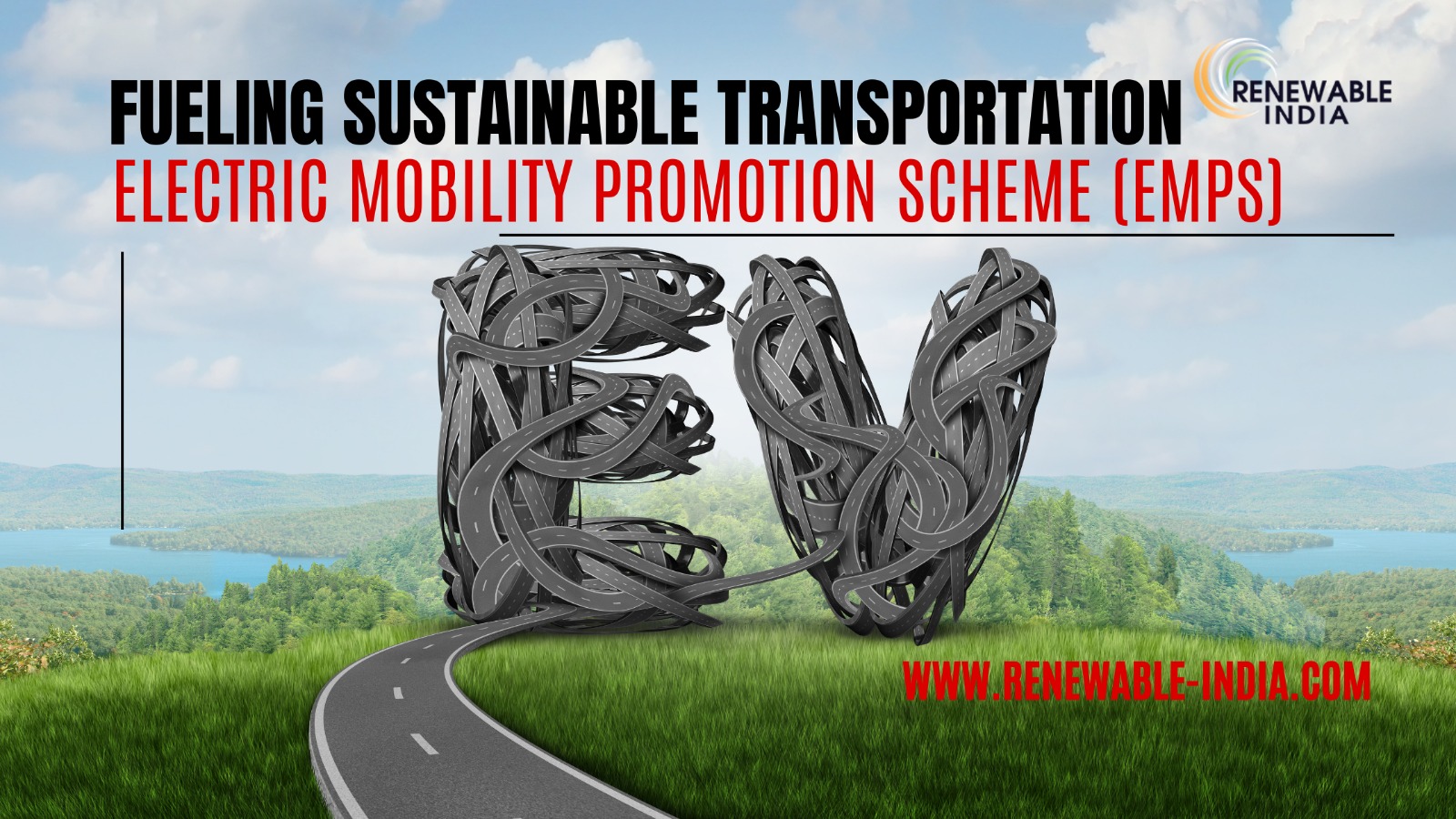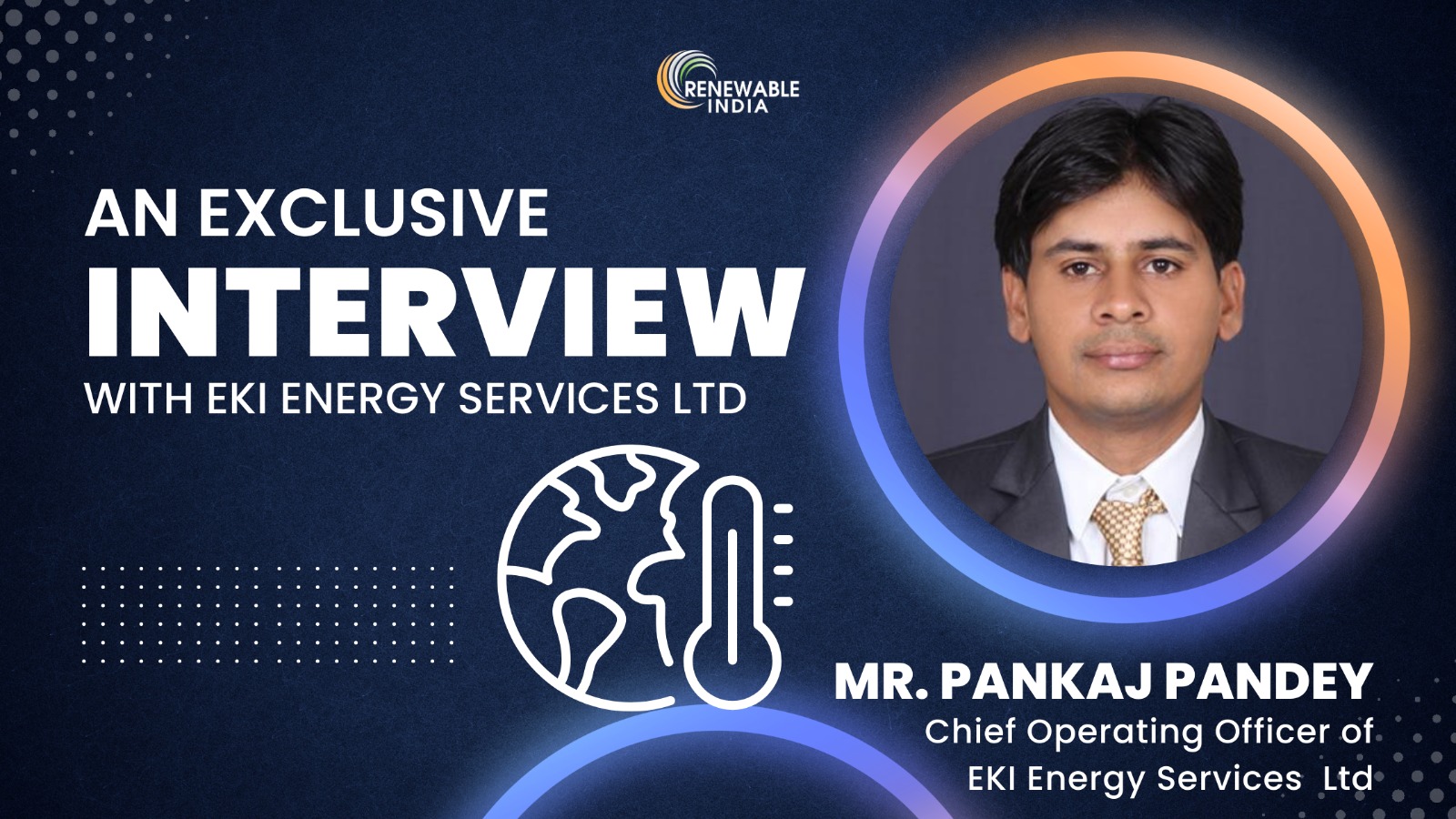
Xynteo, headquartered in Oslo with offices in London, Mumbai, and Gurugram, is a purpose-driven advisory firm at the forefront of transformative change. Specializing in diverse sectors such as FMCG, Technology, BFSI, and Energy, we collaborate with forward-thinking organizations like Microsoft, Yara, Telenor, ABB, Novartis, Mastercard, and Shell.
Their mission is to help leaders shape cultures that inspire innovation, develop regenerative business models, and foster radical cross-sector collaboration. Xynteo’s strategic insights and sustainable value-creation strategies, exemplified in its recent report “Accelerating India’s Sustainable Human-Centric Growth,” provide actionable blueprints for a future aligned with the UN Sustainable Development Goals
Here is an exclusive interview with Mr. Vipul Kumar, Senior Partner at Xynteo, a distinguished leader with entrepreneurial and cross-functional expertise. Mr. Kumar brings a wealth of experience in designing, building, and scaling innovative businesses that tackle sustainability challenges in emerging and low-income markets.
A fervent advocate for the immense potential in low-income markets, Mr. Kumar is committed to driving innovation for the world’s largest companies, high-growth social enterprises, and disruptive innovators across industries.
His visionary approach aims to foster collaboration, accelerate growth, and co-create a sustainable and empowered future for all. Join us as we delve into Mr. Vipul Kumar’s insights, exploring his strategies to navigate and lead in the dynamic landscape of sustainable business solutions.
Mr. Kumar: “Xynteo is a sustainability advisory firm working fundamentally with large businesses to drive growth that has a robust social and environmental impact. Operating at the intersection of these crucial elements, we firmly believe that businesses are a force for good. The challenges related to people and planet growth in the future are not merely existential threats to businesses but rather opportunities for reinvention as they expand.
“We also assert that visionary business leaders, with the appetite and mandate for transformation, are essential for this kind of change to occur. Given the enormity of these challenges, we strongly advocate for collaboration between different businesses. This collaboration is pivotal as it not only drives social and environmental impact but also has a compelling business case.
It represents the intersection of business growth and social and environmental impact. We contend that prosperous businesses will not only minimize harm but also collaborate with, rather than against, nature. Such businesses will grow and contribute not only to a select few but to a significant portion of society. This is how we envision sustainability, with businesses playing a crucial role in this arena.”
Mr. Kumar: “We are addressing some significant and complex challenges, which the government of India has prioritised significantly. One challenge lies in energy transition, as we are the third-largest emitter of greenhouse gases. Simultaneously, we are experiencing rapid economic growth and have a population of 1.4 billion people. Thus, we face the considerable challenge of balancing growth with emission reduction.
“Another focus area is plastic waste, with our nation producing 10 to 15 million tonnes annually, 45 percent of which is linked to environmental issues. In healthcare, 75 percent of the semi-rural and rural population lacks access to affordable and quality healthcare. These are critical problem areas where businesses can play key roles. In addition to fostering commercial growth, such initiatives demonstrate social and environmental responsibility.
“Let’s delve into a few examples of our recent work. For perishable waste, about 70 million tonnes of food wastage, valued at USD 18 billion, and emitting around 76 million tonnes of carbon emissions during transport and storage, presented a significant challenge. Collaborating with our partners, we devised a solution to eliminate the use of diesel, resulting in a 24 percent saving in operational costs and a 16 percent reduction in emissions.
“In the realm of waste plastics, we examine the entire value chain, from fostering the right mindset and waste segregation to monetizing the entire process. We created a digital curriculum called “Waste No More” for school students, which has been rolled out in Haryana, Maharashtra, and Rajasthan. Currently, nine and a half million students have received education about waste segregation through this curriculum.
“Moreover, we have established five processing facilities in the state of Maharashtra where waste from residential and business houses is meaningfully processed and segregated. We have incorporated an informal structure that was previously operational, creating livelihoods and providing social security for women. This not only generates social impact but also contributes to environmental improvement.”
Mr. Kumar: “We believe in progressive leadership and a regenerative organizational culture. We are convinced that through this approach, organizations can undergo significant transformation and become more responsible. If large organizations adopt responsible strategies, the systems in which they operate will experience positive impacts, creating a cascading effect from leadership mindset to the organizational system.
“We operate at two levels: firstly, at the CEO level, it involves facilitating the right kind of conversations across different stakeholders. This includes providing a safe space for discussions, encouraging senior leaders to be vulnerable, and fostering the right atmosphere for diverse perspectives. Secondly, at the leadership level, we focus on shaping leadership with the right skills. This entails enabling a purpose-led and cooperative culture and building mastery in adaptational collaboration.”
Mr. Kumar: “The first business-led coalition ‘Vikaasa’ has been operational for six years now. It was launched in 2017 by the then-president, Mr. Pranab Mukerjee. This initiative brought businesses together across sectors, particularly pioneering businesses, with a mandate to work towards India’s sustainable development.
“VIKAASA operates in four key areas: energy transition, plastic circularity, sustainable mining, and affordable access to quality healthcare.
“Additionally, we have established a coalition called “Build Ahead,” which was launched last year and has been active for over a year. The objective is to decarbonize the built environment. As a value chain coalition, it brings together producers of cement and steel, consumers of steel and cement, and technology providers. The coalition focuses on how different actors can play a role in decarbonizing the sector.”
Mr. Kumar: “Yes, I think I can quickly highlight through examples and maybe just to kind of give a little more context about this annual program that we do. It’s bringing the most influential decision makers together across businesses, policy makers, startups, and financers into a convening which does three things in my mind, one is where we are able to demonstrate the proof points that our work has been able to achieve and hence inspire other organisations to be able to replicate that, so how do we use this convening to scale and replicate the work.
“The second is how do we use this kind of convening to problem solve, some of the problems that needs ecosystem and interventions. And I think the second part really is where we try and ideate and be able to come up with very tangible actions of how we solve a problem.
“Now the whole description that I spoke about on the work that we are doing on the plastic circularity or for that matter the work we are doing with the cold reefer transportations. Both of these ideas that we discussed and deliberated at the Exchange in the previous year in 2018-19, and from that event emerge certain way forward in terms of actions that we need to take, the roles that different organisations would need to play for us to drive this work forward and I think the output now as I described earlier is the impact. But I think the origination of these ideas really happened at this convening where we have a separate session where we kind of try and problem solve the complex problems.”
Sustainable Metal Solutions: Naman Shah’s NowPurchase Reshapes Procurement for Tomorrow
Join 80,000+ awesome subscribers and update yourself with our exclusive news.







Leave a Reply